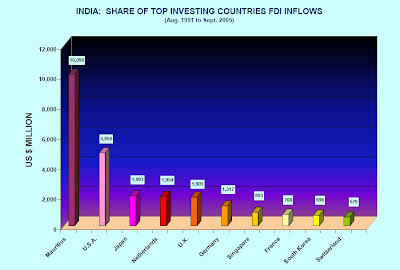
The nodal agency for foreign investment policy, Department of Industrial Policy & Promotion will release Revised Consolidated FDI Policy Circular i.e., Circular 2 of 2010 on 30th September, 2010, which will incorporate all the changes effected in FDI policy post issue of Circular 1 of 2010.
It is to be noted that the Department of Industrial Policy & Promotion (DIPP) has released the Circular 1 of 2010- Consolidated FDI Policy on 31.03.2010, effective from 01.04.2010.
Further, the Department has invited comments/ suggestions on the Circular 1 of 2010 by 31st August, 2010.
The Consolidated FDI Policy makes all information on FDI policy available at one place and subsumes Government’s policy on FDI announced through earlier Press Notes/ Press Releases/ Clarifications issued by the DIPP, which were in force and effective as on date. It was earlier decided that the consolidated FDI Policy would be issued every six (6) months to update the FDI policy.
It is expected that revised Consolidated policy would contain change in the policy regarding cigarette and cigar manufacturing and may introduce the more relaxed policy regarding FDI in Multi-Brand Retail trading, Defence Sector. The recent changes in FDI Policy shows that the government is making continued efforts to make the FDI policy regime more attractive and investor friendly.
Consolidated FDI Policy - Circular 1 of 2010 is available here.










